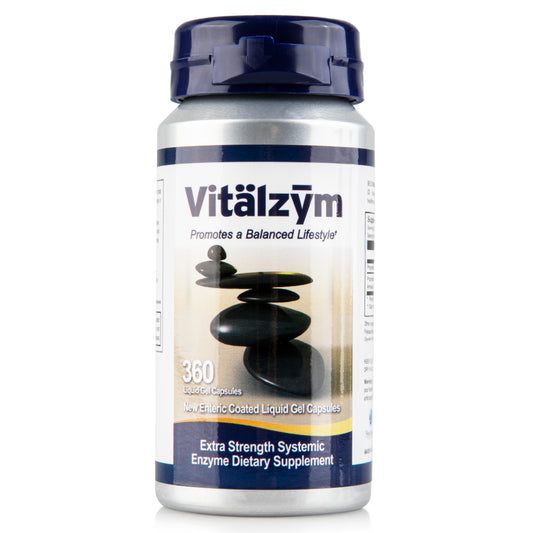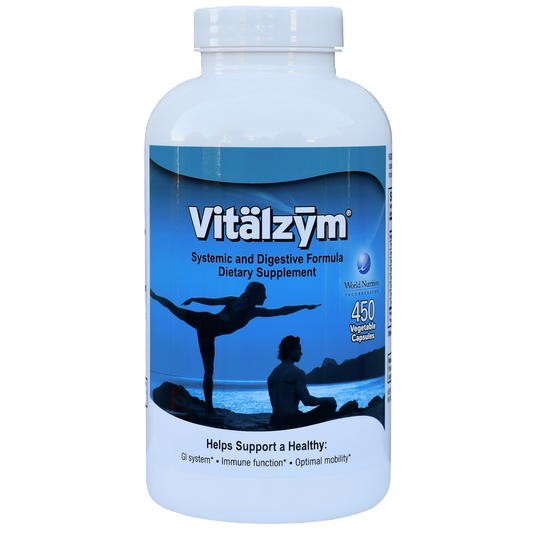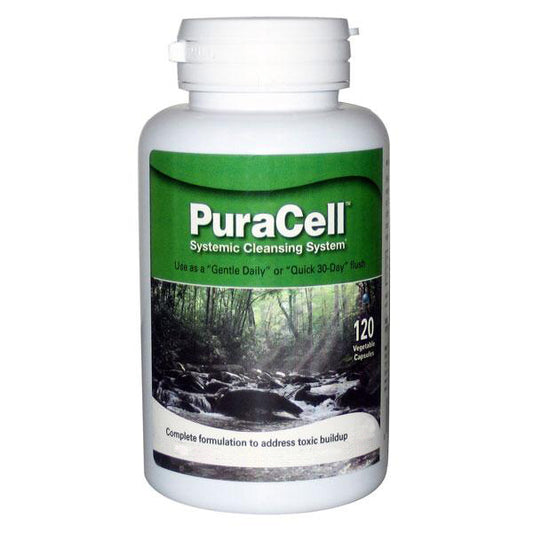Have you ever wondered how long your body must digest food, and how your metabolism plays a role? The answer isn't as straightforward as you might think. Digestion times can vary widely based on several factors, including age, diet, and overall health. In this article, we'll explore the entire digestive process, from ingestion to excretion, and provide insights into what influences digestion time. Additionally, you'll find practical tips for enhancing your digestive health and learn when it might be necessary to seek medical advice.
How Does The Digestion Process Work?
The digestion process begins in the mouth, where food is chewed and mixed with saliva to form a bolus. This bolus then travels down the esophagus to the stomach, where gastric juices break it into a semi-liquid form called chyme. The chyme moves into the small intestine, where enzymes from the pancreas and bile from the liver further digest the nutrients, which are then absorbed into the bloodstream through the intestinal walls. The remaining undigested food passes into the large intestine, where water is absorbed and the waste is formed into the stool, which is eventually excreted through the rectum and anus. Each stage, including the transit time at each point, is crucial for breaking down food into nutrients that the body can use for energy, growth, and repair.
How Long Does Digestion Take?
The time it takes for digestion to complete can vary widely depending on several factors, including your metabolism, but on average, the entire process takes about 24 to 72 hours. Initially, food spends about 6 to 8 hours in the stomach and small intestine, where most of the digestion and nutrient absorption occur, influenced by the rate of gastric emptying. It then moves into the large intestine, where it can remain for up to 24 hours or more as water is absorbed and waste is formed into stool. Factors such as the type of food consumed, individual metabolic rate, age, gender, and overall health can influence these timeframes, making metabolism and digestion a highly individualized process.
How To Speed Up Digestion
Eat a Balanced Diet
Consuming a diet rich in fiber, lean proteins, and healthy fats can significantly improve digestion. Fiber, found in fruits, vegetables, and whole grains, helps to keep food moving smoothly through the digestive tract. Lean proteins and healthy fats, such as those found in fish, nuts, and avocados, are easier to digest and provide essential nutrients without overburdening the digestive system.
Stay Hydrated
Drinking plenty of water is essential for healthy digestion and maintaining optimal gut health. Water helps to break down food so that your body can absorb the nutrients. It also softens stool, making it easier to pass and preventing constipation. Aim to drink at least eight 8-ounce glasses of water a day, and consider increasing your intake if you are physically active or live in a hot climate.
Exercise Regularly
Regular physical activity can help to stimulate the muscles in your gastrointestinal tract, promoting more efficient digestion. Activities such as walking, jogging, and yoga can enhance blood flow to your digestive organs and help food move through your system more quickly. Aim for at least 30 minutes of moderate exercise most days of the week.
Manage Stress
Chronic stress can negatively impact your digestive system, leading to issues such as indigestion, constipation, and diarrhea. Techniques such as deep breathing exercises, meditation, and mindfulness can help to reduce stress levels and improve stomach and digestive health. Finding time for relaxation and hobbies can also contribute to a more balanced and stress-free lifestyle.
Eat Smaller, More Frequent Meals
Instead of consuming large meals, try eating smaller, more frequent meals throughout the day. This approach can prevent overloading your digestive system and help maintain steady energy levels. Smaller meals are easier to digest and can reduce the likelihood of experiencing bloating, gas, and indigestion.
Avoid Processed Foods
Processed foods often contain high levels of unhealthy fats, sugars, and additives that can slow down digestion and cause digestive discomfort. Opt for whole, unprocessed foods whenever possible. Fresh fruits, vegetables, lean proteins, and whole grains are not only more nutritious but also easier for your body to digest.
Consider Enzyme Supplements
Enzyme supplements can aid in the digestion of certain foods, particularly for individuals who have enzyme deficiencies or digestive disorders. These supplements contain specific enzymes that help break down proteins, fats, and carbohydrates, making it easier for your body to absorb nutrients. Consult with a healthcare professional before starting any enzyme supplement to ensure it is appropriate for your needs and to determine the correct dosage.

Does It Take 30 Minutes To Digest?
While the entire digestion process typically takes between 24 to 72 hours, certain foods can begin to digest much more quickly, sometimes within 30 minutes. Simple carbohydrates like fruits and vegetables, as well as easily digestible proteins such as fish and egg whites, can start breaking down in the stomach within this short timeframe. These foods are less complex and require fewer digestive enzymes, allowing them to pass through the stomach and into the small intestine relatively quickly. However, it's important to note that complete digestion, including nutrient absorption and waste excretion, will still take longer.
Do High-Fiber Foods Increase Digestion?
High-fiber foods do not necessarily increase the speed of digestion, but they do play a crucial role in promoting efficient and healthy digestion. Dietary fiber, found in fruits, vegetables, whole grains, and legumes, adds bulk to the stool and helps to keep food moving smoothly through the digestive tract. This can prevent constipation and promote regular bowel movements. Additionally, fiber can aid in the absorption of nutrients by slowing down the digestion of carbohydrates, which helps to maintain stable blood sugar levels. While high-fiber foods may not speed up the overall digestion process, they contribute to a more effective and balanced digestive system.
Common Digestive Issues Slowing Down Digestion
- Constipation
- Constipation occurs when bowel movements become infrequent or difficult to pass. This can slow down the entire digestive process, leading to discomfort and bloating. Causes include a low-fiber diet, dehydration, and lack of physical activity.
- Irritable Bowel Syndrome (IBS)
- IBS is a chronic condition that affects the large intestine, causing symptoms like cramping, abdominal pain, bloating, gas, and diarrhea or constipation. These symptoms can significantly slow down digestion and disrupt normal bowel movements.
- Gastroparesis
- Gastroparesis is a condition where the stomach's muscles are weakened, causing delayed emptying of stomach contents into the small intestine. This can lead to symptoms such as nausea, vomiting, and a feeling of fullness after eating only a small amount of food.
- Hypothyroidism
- An underactive thyroid gland (hypothyroidism) can slow down the body's metabolic processes, including digestion. This can result in symptoms like constipation, bloating, and weight gain due to the slower movement of food through the digestive tract.
- Gastroesophageal Reflux Disease (GERD)
- GERD is a chronic condition where stomach acid frequently flows back into the esophagus, irritating. This can slow down digestion by affecting the lower esophageal sphincter, leading to symptoms like heartburn, regurgitation, and difficulty swallowing.
Is 2 Hours Enough To Digest?
Two hours is generally not enough time for complete digestion, but it is sufficient for the initial stages of the process. During this period, food typically moves from the stomach to the small intestine. Simple carbohydrates, such as fruits and vegetables, and easily digestible proteins, like fish and egg whites, can begin to break down within this timeframe. However, more complex foods, particularly those high in fat or fiber, require additional time for thorough digestion and nutrient absorption. While some initial digestion and nutrient absorption can occur within two hours, the entire process, including the passage through the large intestine and excretion, takes significantly longer, usually between 24 to 72 hours.
Conclusion
Understanding the digestion process and the factors that influence it is essential for maintaining optimal health and well-being. While the entire digestion process can take anywhere from 24 to 72 hours, various factors such as diet, hydration, exercise, and stress levels can significantly impact digestion efficiency. By adopting healthy eating habits, staying hydrated, exercising regularly, managing stress, and considering enzyme supplements, you can promote a more efficient digestive system. Additionally, being aware of common digestive issues and knowing when to seek medical advice can help you address any concerns promptly. Armed with this knowledge, you can take proactive steps to support your digestive health and overall wellness.
Final Thoughts
Enhance your body's capabilities with World Nutrition's Vitalzym Extra Strength, the leading vegetarian systemic enzyme supplement. Formulated for optimal effectiveness, Vitalzym helps restore enzymes, boosts immune health, aids in post-exercise recovery, and supports healthy circulation. Our robust blend of serrapeptase, bromelain, papain, and other vital enzymes fosters overall vitality and well-being. Don't let aging or lifestyle challenges slow you down. Explore World Nutrition products and begin your journey towards a vibrant, healthier you.*
Sources
- https://www.uofmhealth.org/conditions-treatments/digestive-and-liver-health/your-digestive-system
- https://gutscharity.org.uk/advice-and-information/health-and-lifestyle/fibre/fibre-for-everyone/
- https://troygastro.com/the-benefits-of-water-for-digestion/
These statements have not been evaluated by the food and drug administration (FDA). These products are not intended to diagnose, treat, cure, or prevent any disease.







